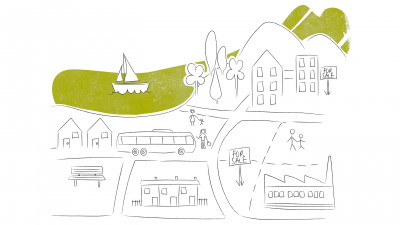The Government asked the Commission to investigate how to improve outcomes for New Zealanders from social services funded or otherwise supported by the Government. This included how agencies identify the needs of people who use the services, how they choose organisations to provide the services, and how the contracts between agencies and organisations work.
Social services included health care, social care, education and training, employment services and community services. They also included the services targeted to those whose health, age, socioeconomic or other circumstances means that they have greater needs than others in society.
The inquiry examined how commissioning and purchasing influence the quality and effectiveness of social services, and suggested ways to improve these practices to achieve better outcomes for New Zealanders. Read our brief here.


